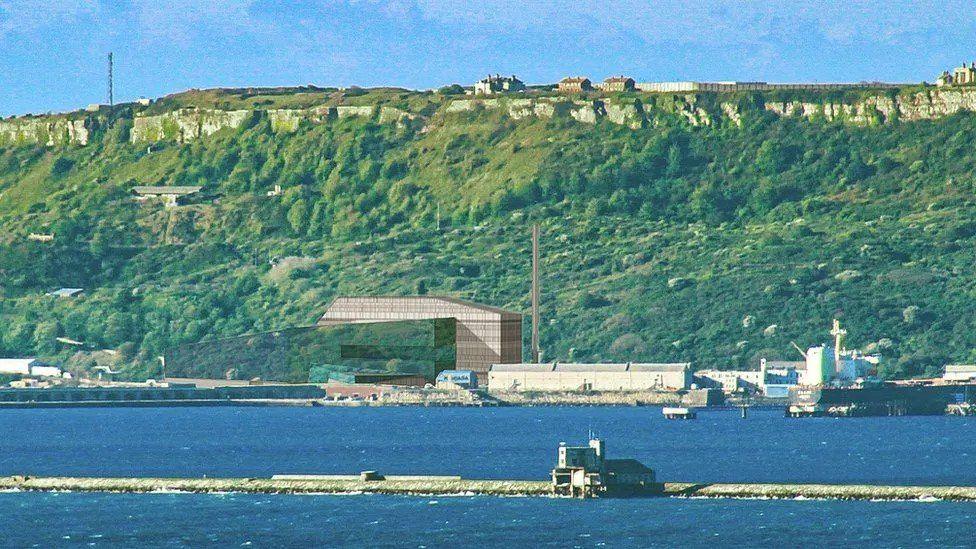Carbon target impossible with incinerator - council
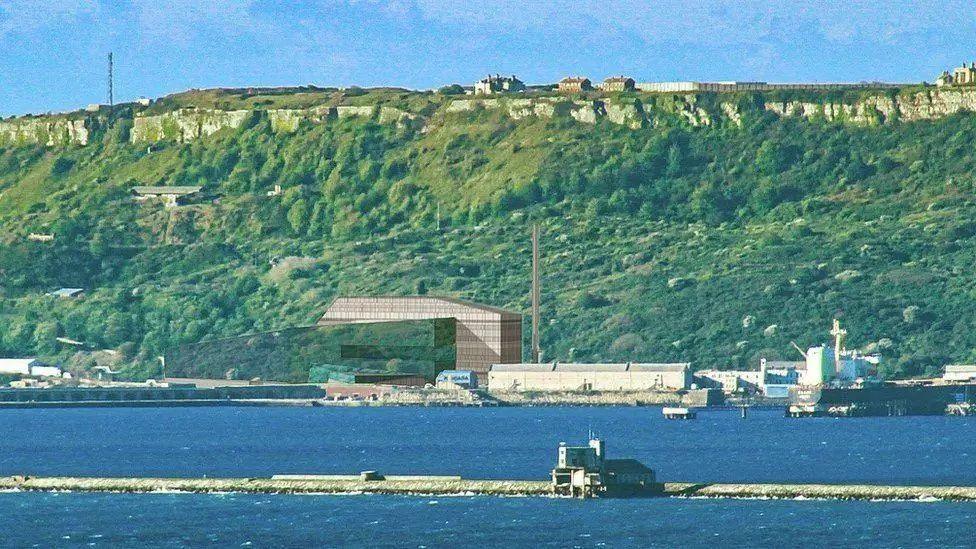
Powerfuel said the incinerator would take about 65% of the county's waste
- Published
Dorset will never reach its carbon reduction targets if plans to build an incinerator on the Jurassic Coast go ahead, a council leader has said.
The power-generating facility at Portland Port was given the go-ahead last month by the government.
Dorset Council leader Nick Ireland said the county's residual waste would only account for 20% of the incinerator's use, with the rest having to be brought in from elsewhere.
Powerfuel Portland said the Energy Recovery Facility (ERF) would provide about 65% of the waste treatment capacity needed by Dorset and Bournemouth, Christchurch and Poole (BCP) councils.
Dorset Council is currently number one in the country for recycling, according to the Local Democracy Reporting Service.
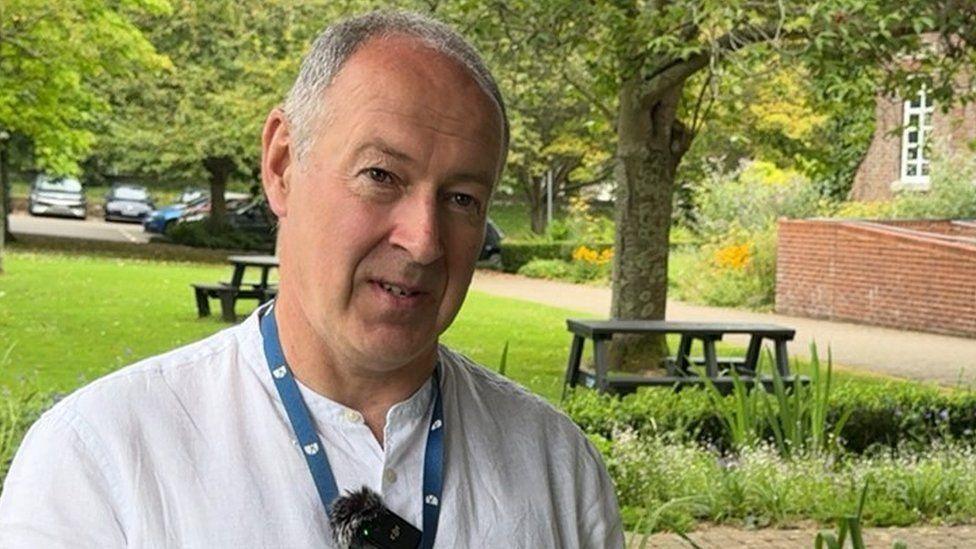
Nick Ireland said there was "no imperative for burning stuff"
At the October cabinet meeting, Ireland told councillors: "There is no imperative for burning stuff to generate electricity.
"Even if we sent everything we generate to Portland, it's 20% of its capacity and 80% would need to be imported which would kill our carbon targets.
"We would have an incinerator in Dorset spewing out CO2.
"We'll never hit our carbon targets if it is built and that's the sad fact of it."
Disputing Ireland's claims, a Powerfuel spokesperson said: "The Powerfuel facility provides circa 200,000 tonnes [of waste treatment capacity], approximately 65% of what Dorset/BCP needs to comply with their own Waste Plan."
The firm said the facility would comply with environmental and emission legislation.
A recent BBC investigation revealed that burning household rubbish was now the dirtiest way of generating power in the UK.
Get in touch
Do you have a story BBC Dorset should cover?
You can follow BBC Dorset on Facebook, external, X (Twitter), external, or Instagram, external.
- Published16 October 2024
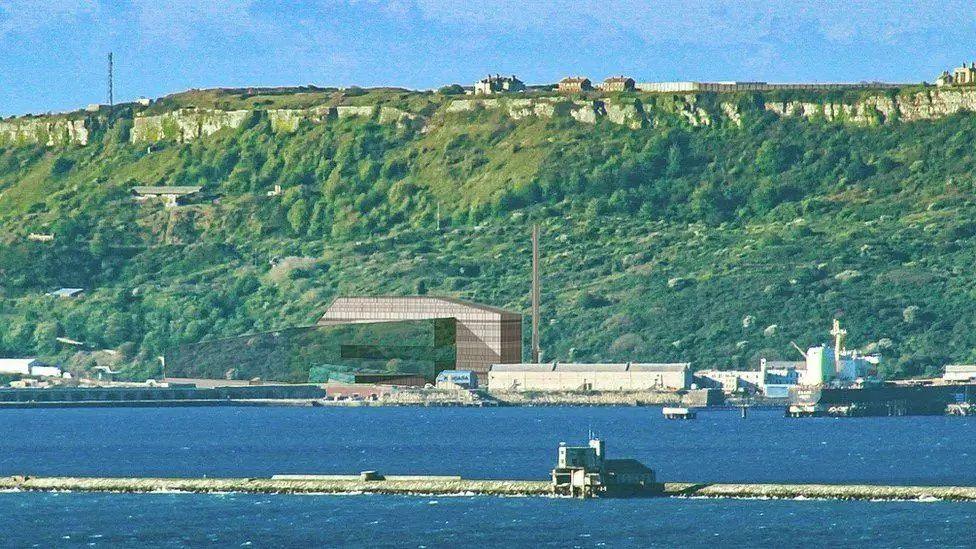
- Published15 October 2024
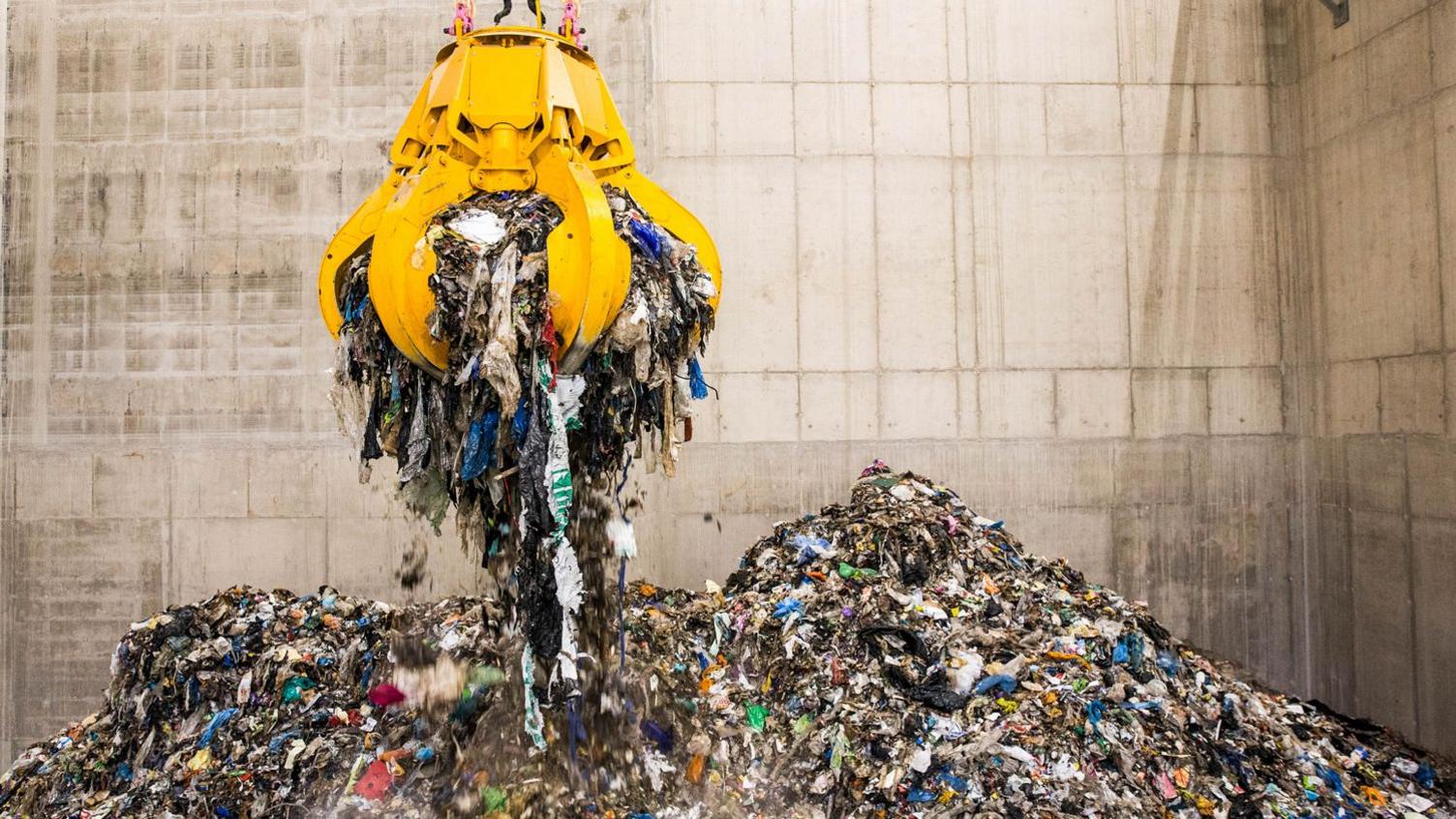
- Published17 September 2024
